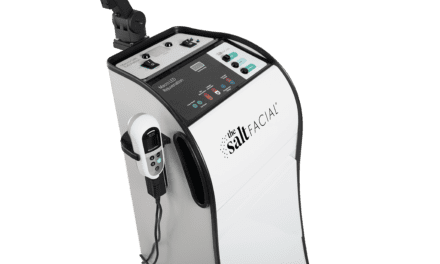3/05/07
According to an American Society of Plastic Surgeons’ (ASPS) survey conducted by Harris Interactive®, patients believe they should have been more proactive in learning about potential side effects and complications before undergoing surgery.
The findings suggest that some additional knowledge about potential side effects and complications may have improved patients’ surgical experience and outcome. Before surgery, 91% of aesthetic plastic surgery patients said they knew what to expect; however, fewer than half recalled being informed of some common side effects and complications such as bleeding (48%), nausea and vomiting (42%), or blood clots (34%).
According to the report, patients failed to ask questions to help them evaluate whether their physician was qualified to perform their procedure.
"While it is encouraging that most patients surveyed were pleased with the outcome of their surgery, the findings stress the continued need for patients to do their homework," says ASPS President Roxanne Guy, MD. "Ensuring your physician has the proper training and credentials and learning all you can about possible side effects and complications are essential when considering any medical procedure. You can afford to be nonchalant about some things, but surgery is not one of them."
Survey findings include:
• 56% of medically necessary surgery and 57% of aesthetic plastic surgery patients were concerned/very concerned about side effects and complications before surgery;
• 86% of medically necessary surgery and 82% of aesthetic plastic surgery patients were satisfied/very satisfied with the overall quality of pre-surgical discussions with their physicians. However, 20% of patients who had medically necessary surgery and 30% of aesthetic surgery patients admitted feeling uncomfortable asking their physician or surgeon questions before surgery;
• 75% of medically necessary surgery and 73% of aesthetic plastic surgery patients believed their physician completely addressed potential side effects and complications before surgery; and
• 33% of patients who had medically necessary surgery and 30% of aesthetic plastic surgery patients who experienced side effects and complications found them at least somewhat difficult to manage.
[www.plasticsurgery.org, March 5, 2007]




